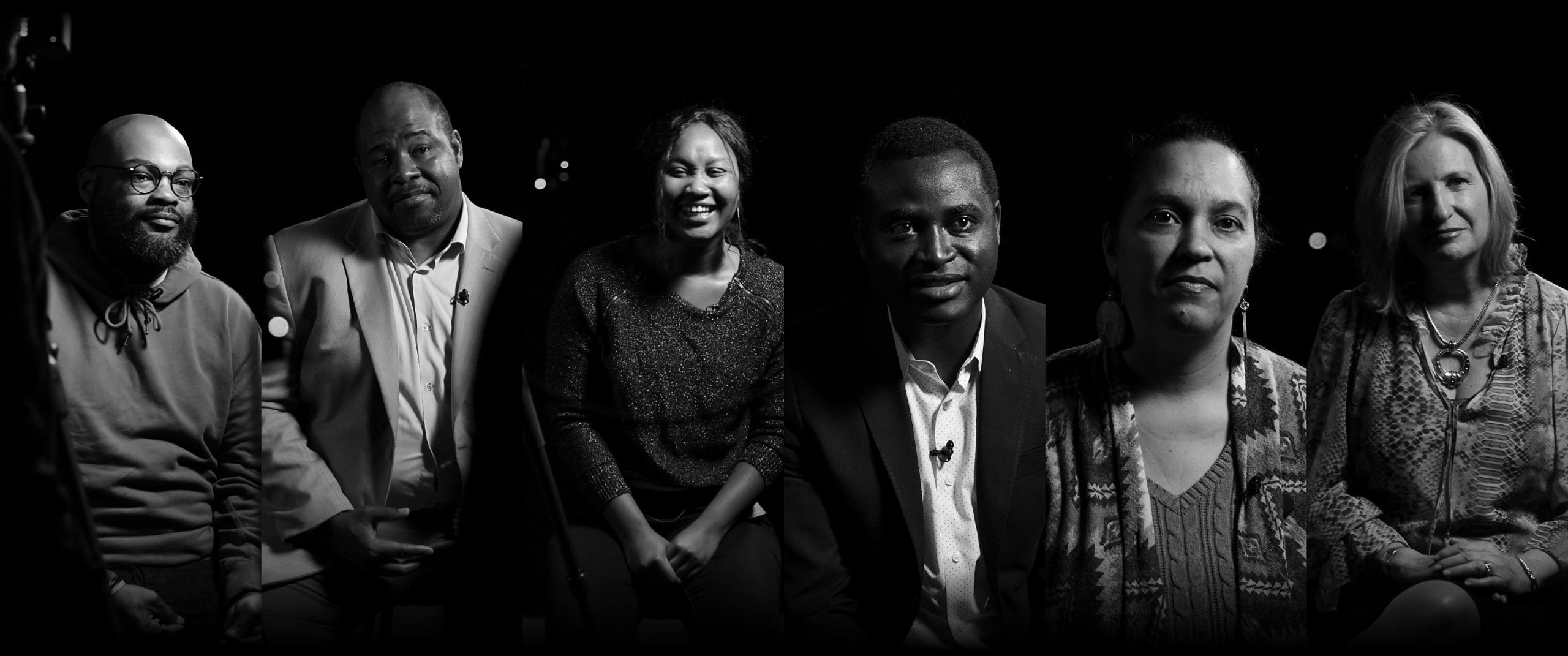
Why during a global pandemic, in a time of profound civil unrest, when tens of millions of Americans are facing economic hardship, and public trust in journalists is eroding precipitously, are we talking about the First Amendment?
Because URI aspires to be a place where civil discourse creates change and students feel safe, supported, and free to express their views in classroom debates or campus protests. So we asked faculty, students, alumni, and staff to share how they are guided by the First Amendment in their work and their lives.

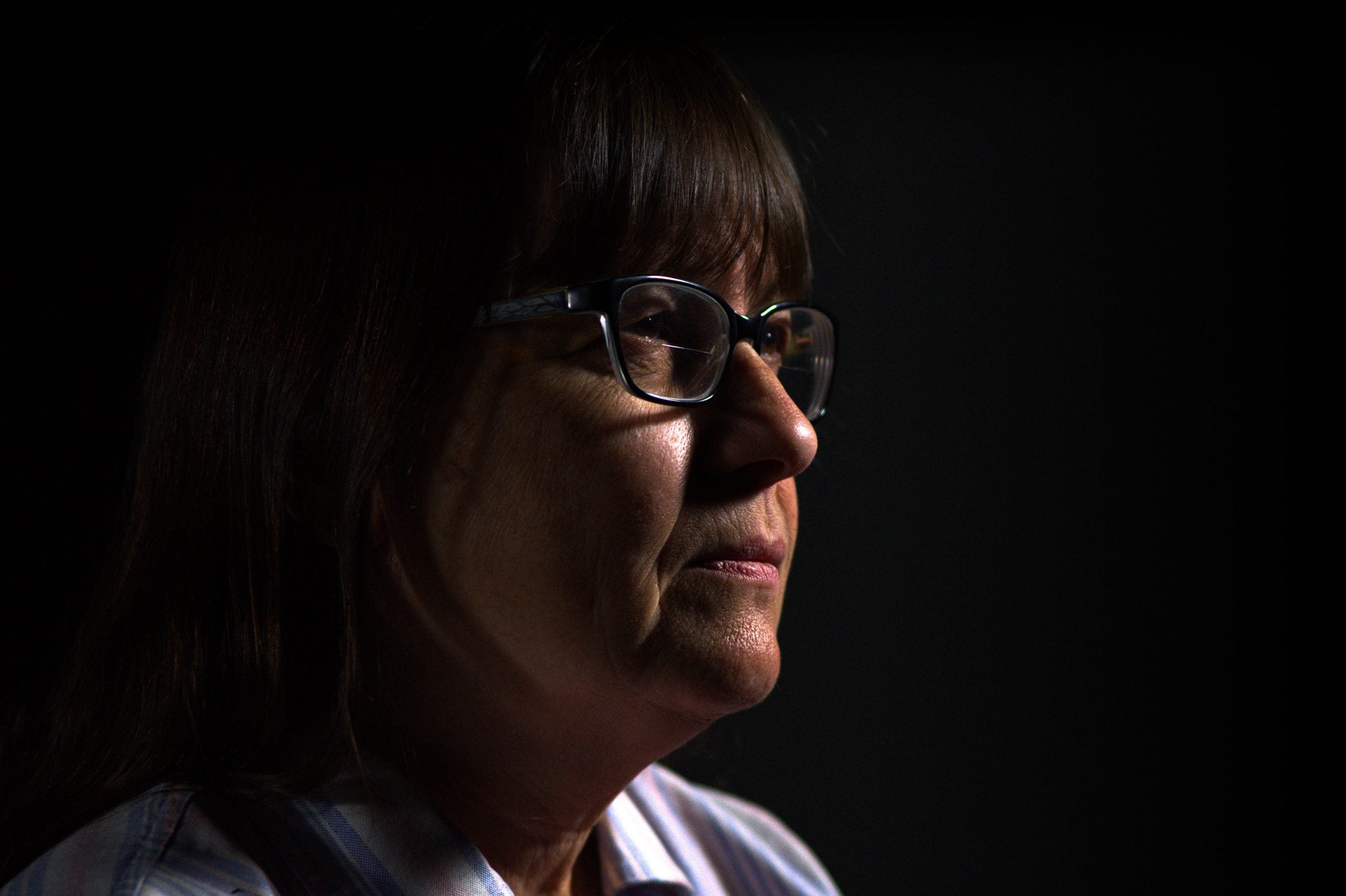
“The First Amendment allows the media to bring us an awareness of the world. What we do with that is up to us.”
— Betty J. Cotter
The freedoms protected by the First Amendment are essential to democracy and to the mission and values of higher education. Without the freedom to express and explore new, different, and sometimes controversial ideas, how would society evolve?
The stories that follow are profiles in courage, integrity, and citizenship. They illustrate the importance of our freedom — and responsibility — to exercise our First Amendment rights.
We begin with accounts of award-winning journalists — Christiane Amanpour ’83, Hon. ’95, Vladimir Duthiers ’91, Hon. ’17, Thomas Farragher ’77, Hon. ’17, Betty J. Cotter , and the late Jim Taricani Hon. ’18 — who’ve stood nose-to-nose with formidable institutions to hold the powerful accountable and put vital information in the public view.
Bosnia was a different war.
“It was a different animal,” CNN chief international anchor and host of PBS’s Amanpour & Company Christiane Amanpour told a packed Edwards Auditorium last September at the annual lecture series bearing her name. An animal hell-bent on annihilation.
Six months after the first Gulf War, Amanpour was covering the dissolution of the former Yugoslavia. “This was a civil war that was building to a genocide,” Amanpour said. “This was something that affected me personally.”
Journalists are taught that objectivity is fairness and that their reporting should reflect all viewpoints. But, in the case of the Bosnian genocide, practicing objectivity wasn’t necessarily getting to the truth, Amanpour discovered. “Be truthful, not neutral: I learned that in Sarajevo,” she said. It’s become her tagline.
“And it came about because we were telling the truth: stories of civilians — men, women, and children — being brutalized, besieged by the Bosnian Serbs, and their patrons, the Serbs, who had the armor, the personnel, the agenda — and who wanted to ethnically cleanse parts of Bosnia to create a white, nationalist, Serb entity to carve off and attach as a greater Serbia. They thought this was their opportunity.”
World leaders did nothing, Amanpour said.
“Not the president of the United States, not the prime minister of Great Britain, nor the president of France. None of our democratic leaders wanted to follow their international duty under the Geneva Convention, which says when you see ethnic cleansing, genocide, deep violations of the most important international laws, you actually have to respond,” Amanpour said.
But because the war happened in the era of 24/7 news, the world watched. “We didn’t just do one story. We did all the important stories for years,” Amanpour said. “Bosnia was the leading story around the world — in the United States, in Europe, and in Muslim countries — because it was Muslim civilians, European Muslims, who were being slaughtered like animals.”
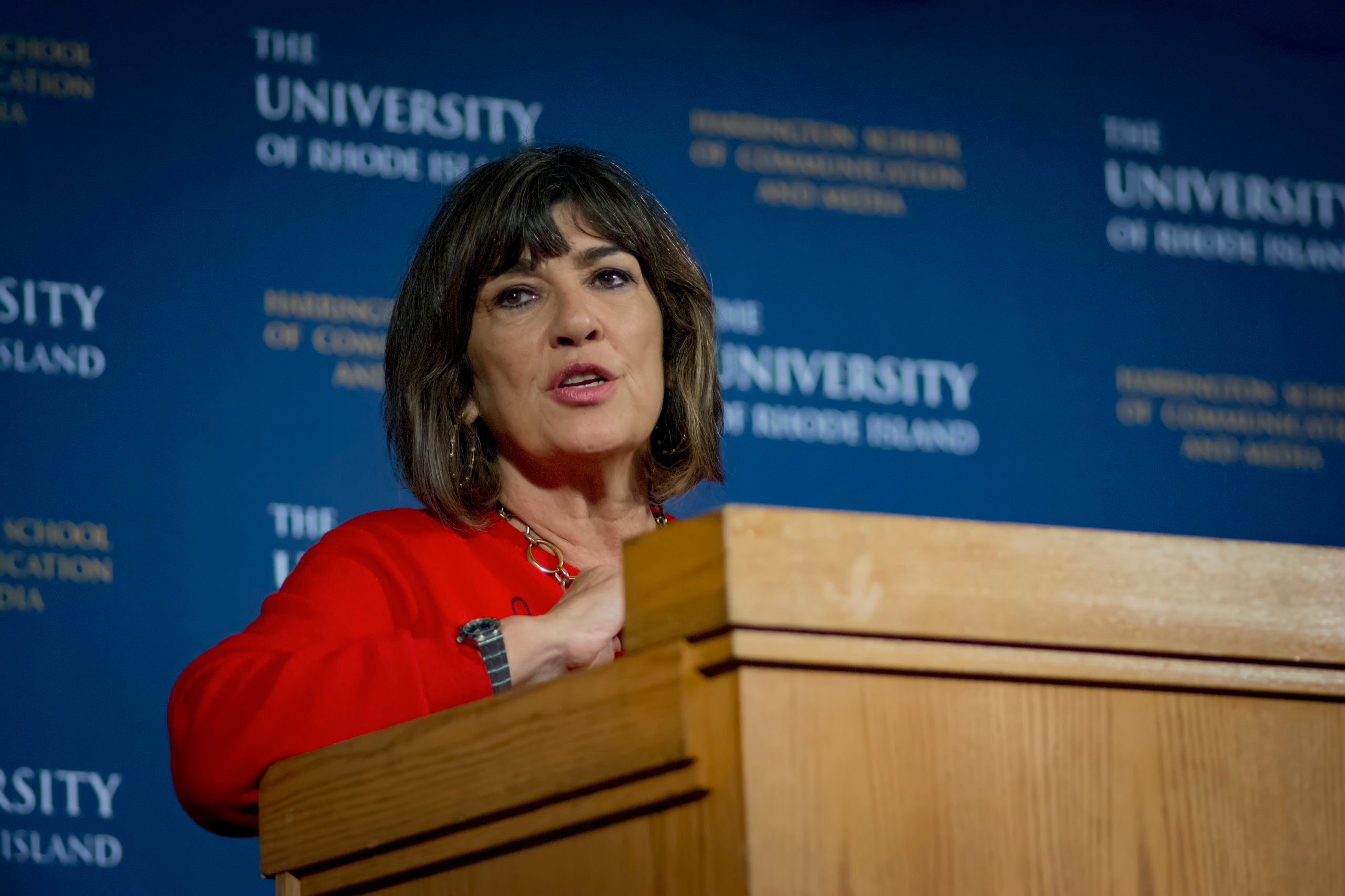
CNN and Amanpour were accused of bias. “I was upset, and I had to re-examine our golden rule, objectivity,” Amanpour told the audience. “It made me examine what I was doing and what we had to do as journalists. What I had done was tell the truth. When you get all sides of the story, you’re being objective. But when you then mistakenly believe that objectivity is neutrality, you create a false factual and false moral equivalence.
“In these situations, if you do that, you are an accomplice.”
Such situations underscore the value of the fourth estate, and, by association, the First Amendment, Amanpour said. “We like to call ourselves the fourth estate. That’s not just a throwaway title. That means we are fundamental pillars of what creates and maintains a strong and robust democracy,” Amanpour said. “In countries where there is a strong journalistic profession, the countries are healthier.
“And in this world where information is one of the most important and valuable commodities, those who are the purveyors of the information, i.e., the journalists, have to continue to do that in an environment that is safe and free.”
On a spring evening in Nigeria in April 2014, 276 Chibok schoolgirls were kidnapped by the terrorist group Boko Haram. The world wanted the girls returned; the Nigerian government felt the pressure. At a Nigerian Ministry of Defence press briefing on the kidnappings, a government official threw a crumpled piece of paper at then-CNN correspondent Vladimir Duthiers. In Nigeria, reporting the government unfavorably was tantamount to sedition.
“The official said, ‘Vlad, stop being disrespectful. Stop propagandizing Nigeria,'” Duthiers recalls. “They believed the reporting we were doing was making them out to be bad guys. It was the first time I heard charges of unreal or fake news.”
In that moment, Duthiers, now a CBS News correspondent and CBSN anchor, realized that wadded paper lobbed in your direction could be a threat. It wasn’t the first time Duthiers risked retribution for his reporting. It wasn’t even the first time that year. In January of 2014, CNN reported on the first gay Nigerian to come out on television.
That year Nigeria signed the Same-Sex Marriage Prohibition Act into law. Duthiers’ job put him at great risk. “I could be thrown in jail for 10 years under this new law,” Duthiers said in a television interview with Christiane Amanpour. The law made it illegal for anyone to associate with a person perceived to be homosexual.
But Duthiers was of the Amanpour school of journalism. “Nigeria has freedom of the press. Its journalists can be outspoken and critical, but they face harassment and violence. As an American journalist, what was horrific to see in Nigeria was people being rounded up on suspicion of LGBTQ activity,” Duthiers says. “People with no access to lawyers. It was very clear to the American journalists that this was not America.
“The First Amendment was something we dealt with every single day,” Duthiers says. “You had to be very careful with what you wrote and what you said on the air. Governments monitor CNN and BBC. They were watching what we said and did.”
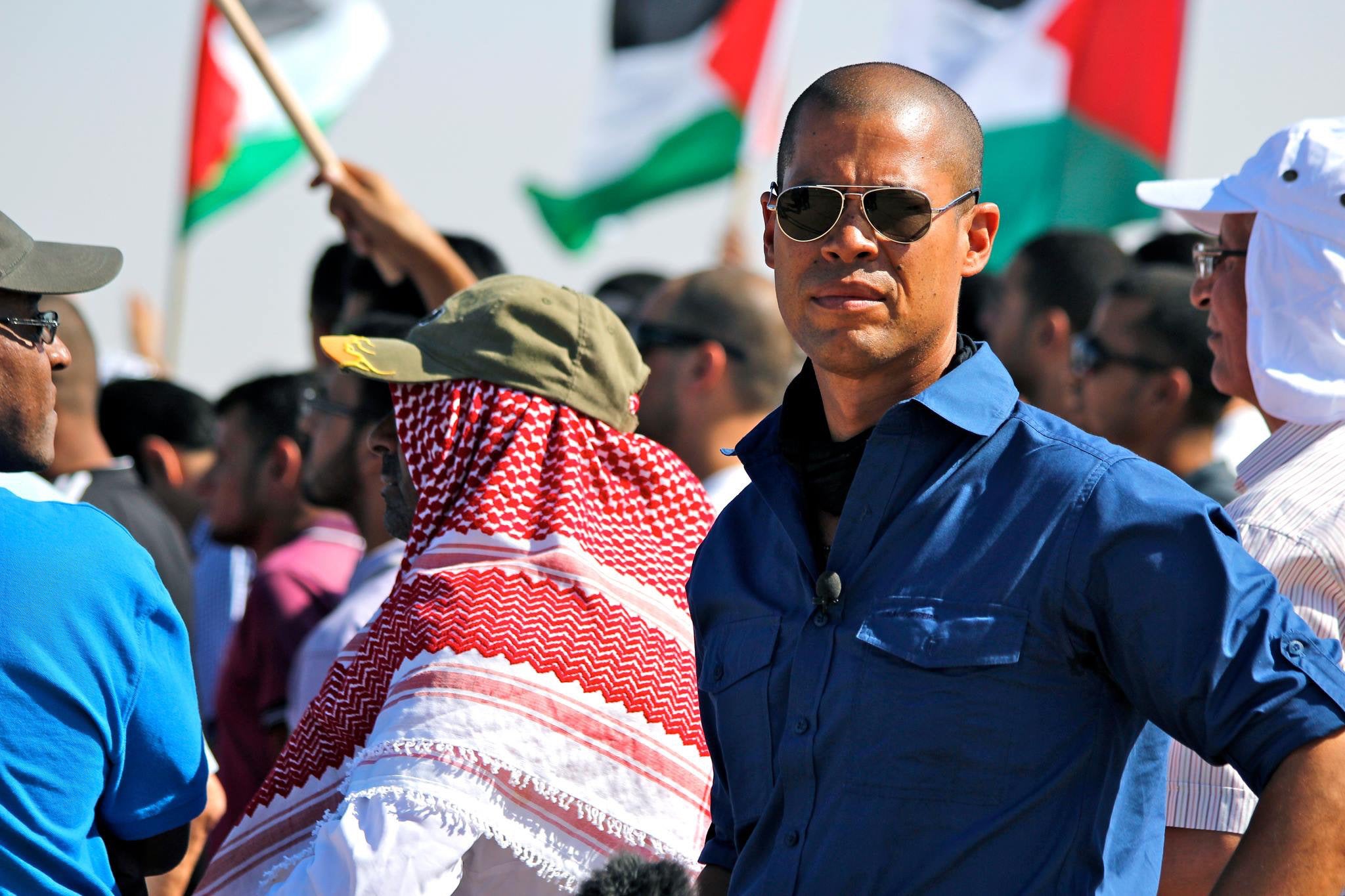
Duthiers’ reminiscing called to mind another anecdote: When covering former president of Liberia and convicted war criminal Charles Taylor’s trial, a government official said to Duthiers and his producer, “Journalists: Your AK-47 is your pen.”
It underscored the responsibility Duthiers carries and the risk he bears.
“Your life could be in danger whether you’re in the United States or abroad,” Duthiers says. “I tell young people that the role journalism plays in society places you under constant threat. You need to be aware that your life is at risk.
“The crowd could turn against you, and the next thing you know, you’re running for your life. You need to take responsibility and strive mightily.”
The walls of Duthiers’ office are covered with photos of people he’s reported on. The photos bear witness to the subjects’ suffering and tragedy — and joy. “I am honored that they allowed me to share their stories with others,” Duthiers says. In some cases, speaking their truth is a thing his subjects can’t do for themselves.
In 2016, in Haiti, in the aftermath of Hurricane Matthew, Duthiers was in a village totally flattened. He and his crew had finished filming and were packing up. A woman approached asking if Duthiers would write her name in his notebook. Others followed suit. “In writing their names down, I think they knew I would take their stories with me. They would not be forgotten,” Duthiers says. “I still take that notebook out from time to time and read their names.
“It’s a small thing I can do.”
“I grew up in the stereotypical Catholic family: nine kids, all altar boys, in a house with a crucifix on the wall. A lightning storm would find my mother sprinkling the house with holy water,” Tom Farragher says. So to be part of The Boston Globe Spotlight Team, which successfully sued the Catholic Church for sealed court records and broke the story about the protracted and systemic sexual abuse of children by serial pedophile priests in the Archdiocese of Boston, placed Farragher at odds with his spiritual teachers.
“January 1, 2002, a Sunday, the story was on page one of The Globe. I’m walking into 7 a.m. Mass and Monsignor Eugene McNamara says, ‘What are you doing to us?'”
The fourth estate, freedom of the press, had done battle with the Catholic Church in one of the most Catholic cities in the country. And won.
“Judge Constance M. Sweeney, who ruled that the records should come out, is the hero of this story. You saw two worlds clashing in that moment,” Farragher says. “Rome answers to nobody. I covered the court hearings where the church was arguing against the release. That ruling was game, set, and match. And those records were complete, lengthy, and damning.”
It was a win for freedom of the press and for the victims — and a sea change for Boston. Cardinal Bernard Law resigned in December 2002. Two-hundred-and-forty-nine archdiocesan priests and brothers were publicly accused of sexual abuse.
In the wake of The Globe’s revelations, the Catholic Church reported that more than 4,000 priests across the country had been accused of sexual abuse in the last 50 years.
The Spotlight Team won the 2003 Pulitzer Prize for Public Service. The
real winner in a story like this, though, is the public.
“The First Amendment is the backbone of what we do,” Farragher says. “There are public officials who are very careful about what they do, because they know there are people out there, like Spotlight, looking. When a mayor or police chief would tell me, ‘No, no, that’s not how it works,’ I would say, ‘The First Amendment is on my side.'”
In the 17 years since that Pulitzer Prize-winning Spotlight series, American newspapers have seen a precipitous drop in readership concurrent with exponential growth in internet media outlets. Competition for readers is fierce.
“Obviously it’s a splintered journalistic world now, but you look at the journalism The Globe is doing, and there’s no question hard, vigorous journalism is being committed all the time,” Farragher says. “We have protected the nuclear core of what we do, and it is resonating. More people are reading The Globe online than ever in my 42 years of doing this.
I am hopeful about what we do, but the journalism world I walked into just doesn’t exist anymore. There’s great journalism being produced every day,” Farragher continues. “People have to be more discerning about who they go to and who they trust.”
Betty J. Cotter, a journalist and part-time faculty member in the Harrington School’s Department of Writing and Rhetoric, brings 30 years of reporting and editing experience to her journalism classes. “The First Amendment allows the media to bring us an awareness of the world. What we do with that is up to us,” Cotter says. “We can’t have the media acting as a check on government, which is what it does as the Fourth Estate, without the First Amendment. And when the public undermines or trivializes the media, or doesn’t believe the media, that whole relationship of checks and balances gets disrupted.”
Cotter knows firsthand the power of the First Amendment. When a student journalist at Keene State College in the late 1970s and early ’80s, she sued the college demanding the release of the college’s security logs when rumors of sexual assault on campus surfaced. Using advertising funds, the student newspaper then hired a First Amendment expert, a lawyer, to represent Cotter at the hearing. The presiding judge ruled there was enough evidence to move forward with a trial. A compromise was reached, and the student newspaper gained access to police logs.
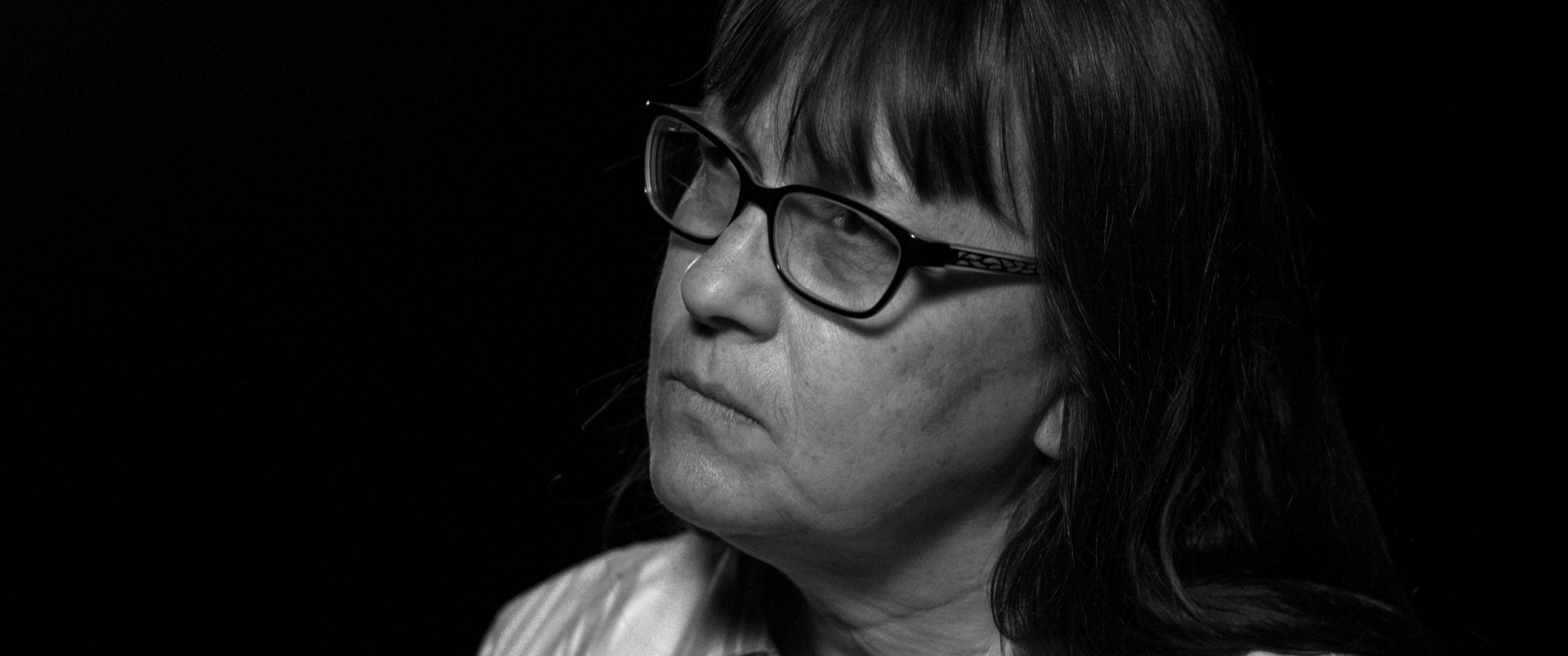
Cotter encourages her students to apply the lessons of her classroom to real-world problems by writing letters to the editors of local newspapers on issues of importance to them. If a student in her argumentation class gets a letter to the editor published, it’s a 100 on their midterm.
“It’s incentive to use the rhetorical devices they’ve studied. I want my students to have real-world skills with which to express themselves and to apply what they’ve learned to think about an issue and make an argument,” Cotter says. “Getting published is empowering. You can see the students change over the course of the semester.
“Students begin to see themselves differently: as writers who can make a difference. It’s the First Amendment in action.”
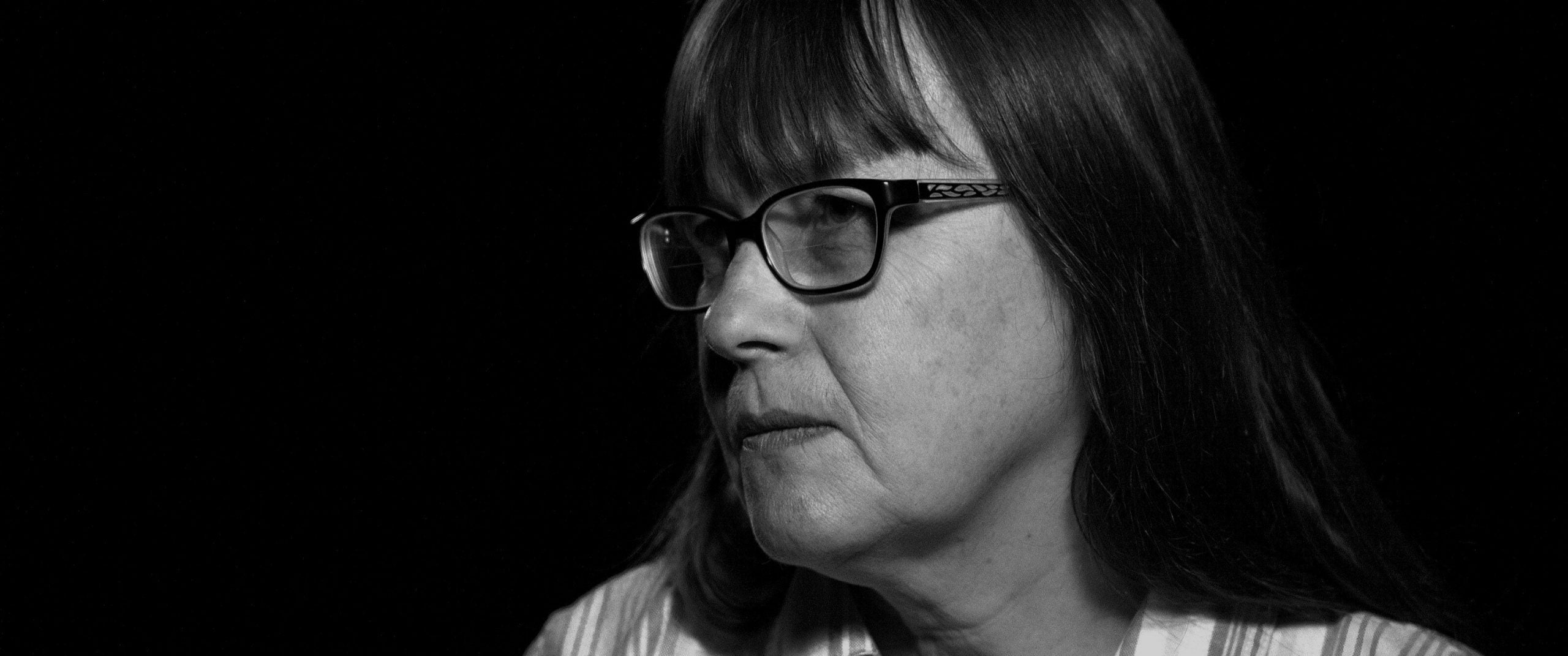
“The public would have had nothing if we hadn’t pursued the issue.” — Cotter recalls suing Keene State College for information as a student journalist in the early 1980’s.
It was 1984 on a hot July afternoon in Providence, when, at the wake of legendary New England mafia crime boss Raymond Loreda Salvatore Patriarca Sr., two men exchanged a greeting and a rose. The gesture conveyed a profound respect that stunned the law enforcement officers observing. It’s not every day that you see mob bosses treating journalists with deference.
What witnesses saw was an exchange between new New England crime boss Raymond Patriarca Jr. and investigative broadcast journalist Jim Taricani, Hon. ’18. “Junior,” as Patriarca Jr. was known, had invited Taricani to his father’s wake and presented him with the rose.
It was a mark of his father’s respect, Patriarca Jr. said.
“People understood Jim had a job to do, and they knew if he were covering the story, they would be treated fairly,” says his widow Laurie White, who is president of the Greater Providence Chamber of Commerce. “But to have the mob boss’s son actually invite him to the wake! The FBI and the State Police and other law enforcement were watching the funeral home to see who went in, and when they saw him go in there, they said, ‘How the hell did you get in? Tell us who was in there.'”
Taricani declined. His ethics wouldn’t allow it. Twenty years later, Taricani would deny law enforcement a second time, refusing to reveal a source who leaked him an FBI surveillance tape. For this, Taricani was held in civil contempt of court by a federal judge and sentenced to six months’ home confinement. The case turned Taricani, already a legend among journalists, into the face of the free press. He traveled the country lecturing on the First Amendment, the federal shield law, and the Free Flow of Information Act, even testifying for the bill before Congress in 2007. The Edward R. Murrow Award-winner for investigative journalism, Taricani received the prestigious Yankee Quill Award from the New England Newspaper and Press Association in 2007.
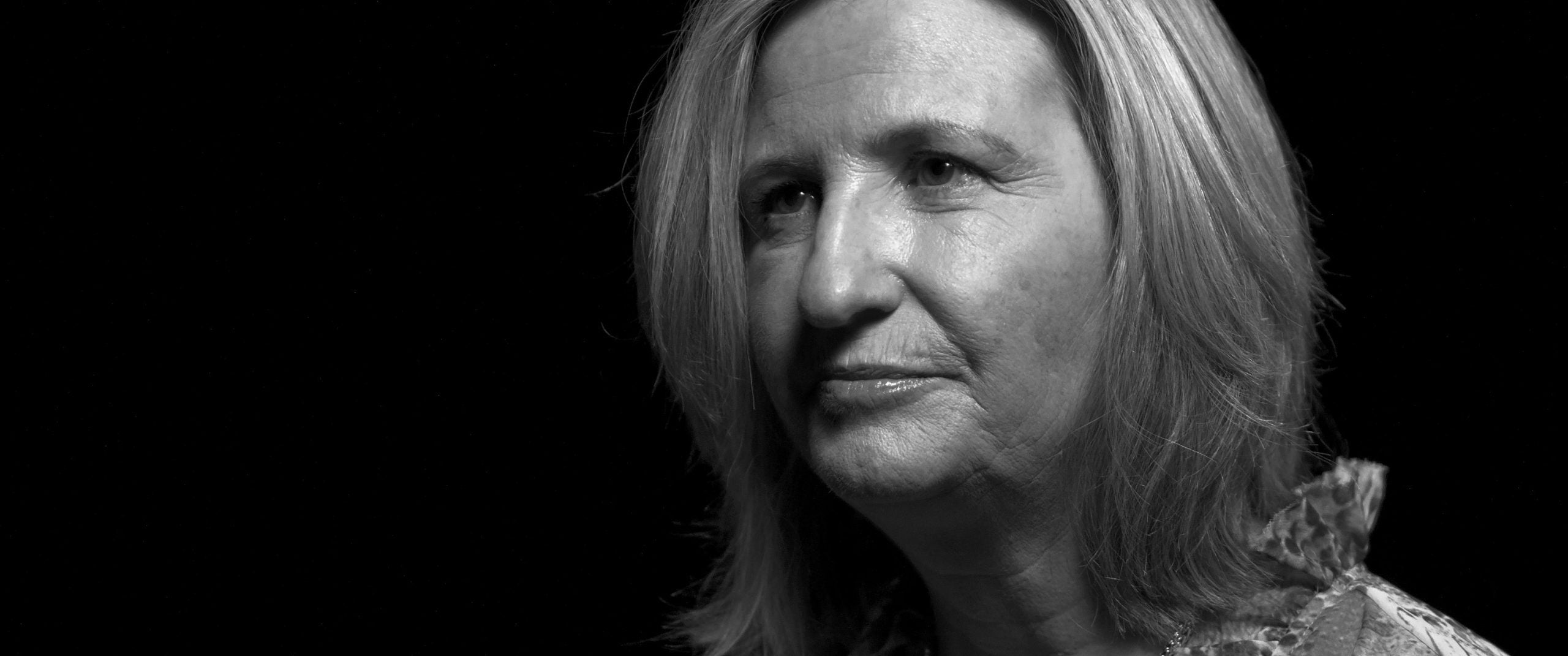
This year, URI will launch the Taricani Lecture Series on First Amendment Rights, a series established by Laurie White, which has received support from alumni and friends who are interested in First Amendment issues and in sustaining Taricani’s legacy.
“After Jim’s passing, this concept of how to keep his work as a professional journalist alive revolved around the notion of how do we, during this particularly troubling time in our history, understand and appreciate the importance of the First Amendment and the freedoms afforded under it, particularly the rights of the press,” White says. “We want to keep that alive and inspire the next generation of ethical and responsible journalists — to continue to do that in a way that reflects our belief in our institutions and our democracy and our belief that journalists serve an essential role in our society.
“We are facing a real existential threat — the threat of powerful institutions to suppress the news,” White says. “The role of the journalist is to speak the truth and perform a watchdog function for the public.
“There is a need for the professional journalist to be protected.”